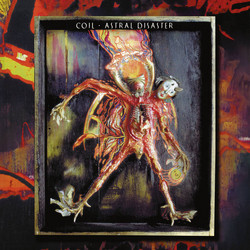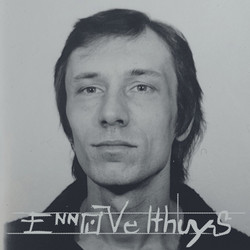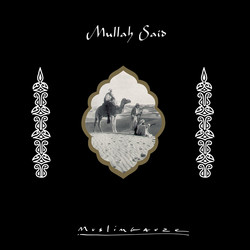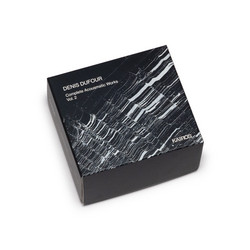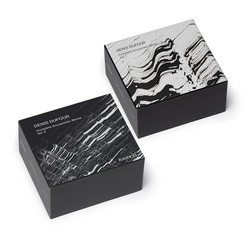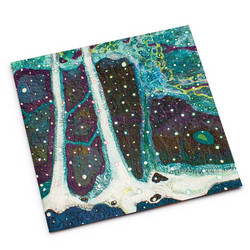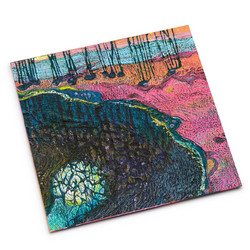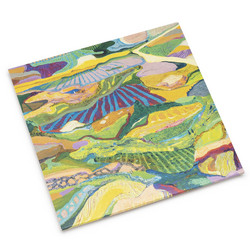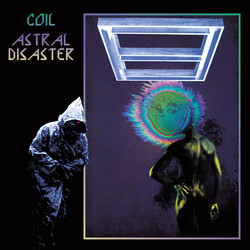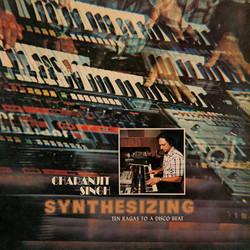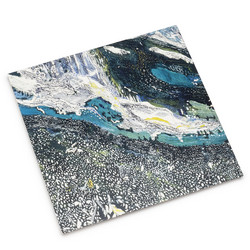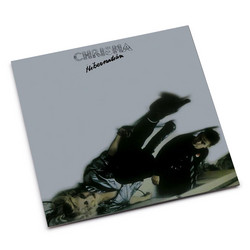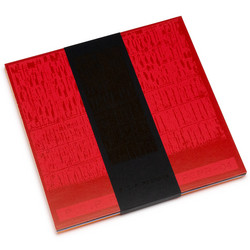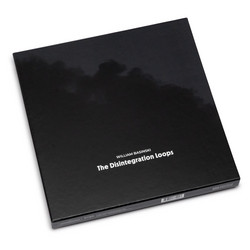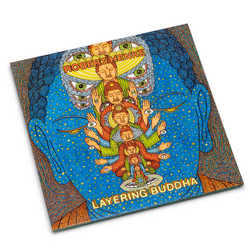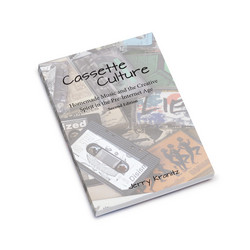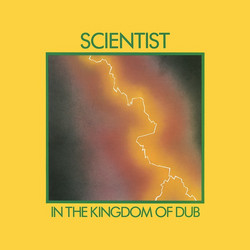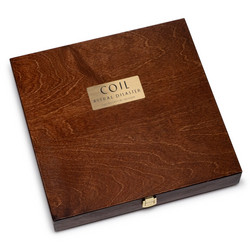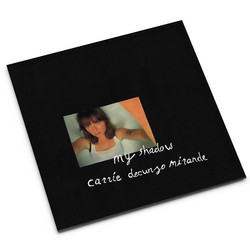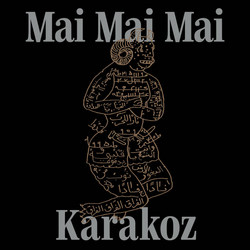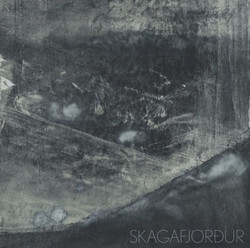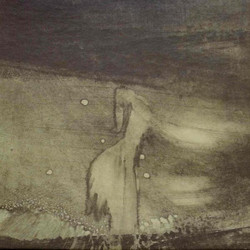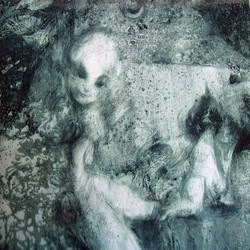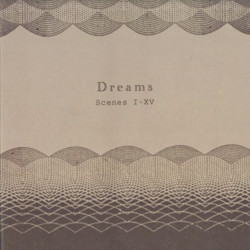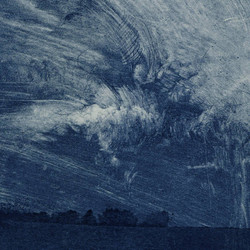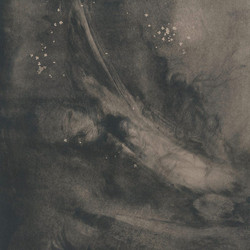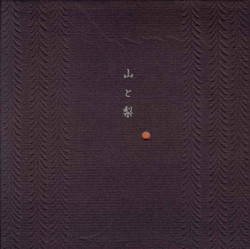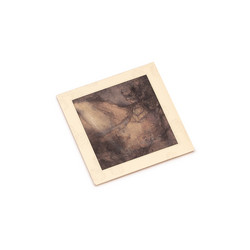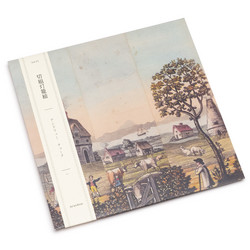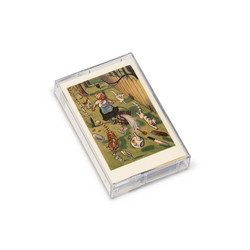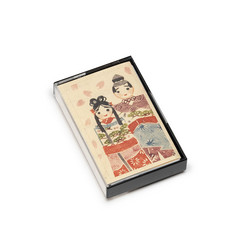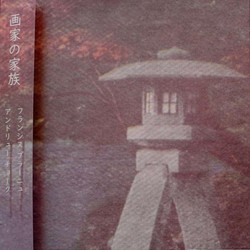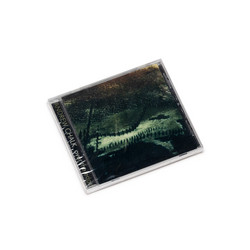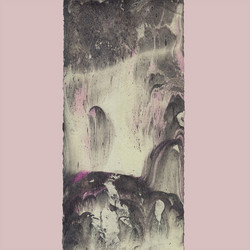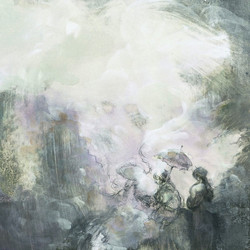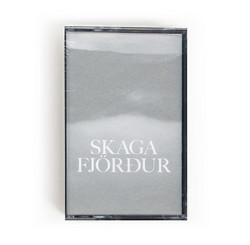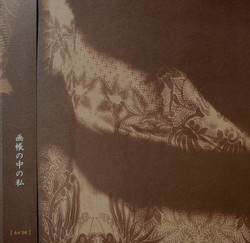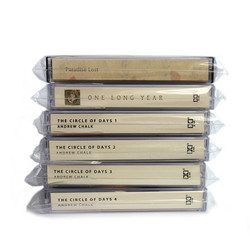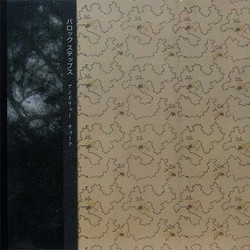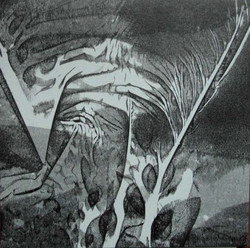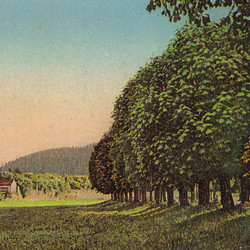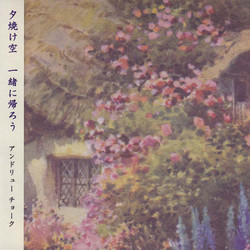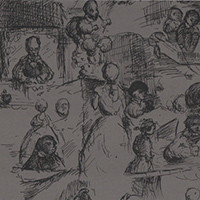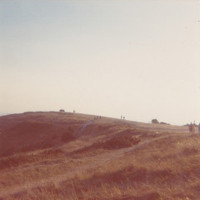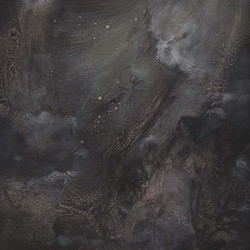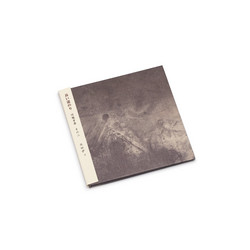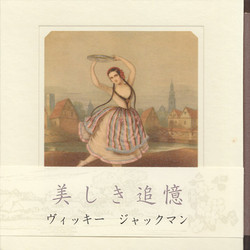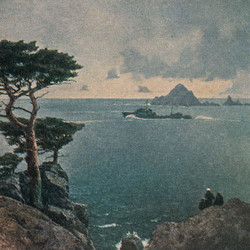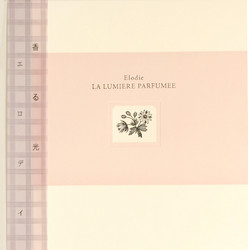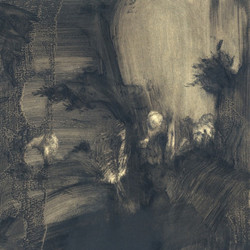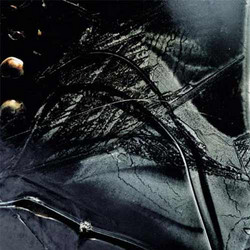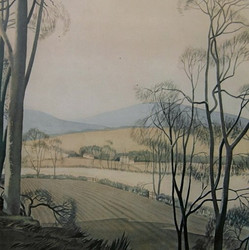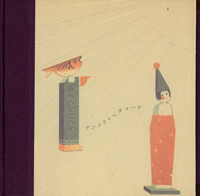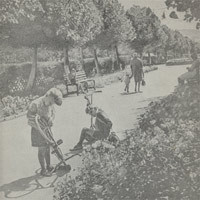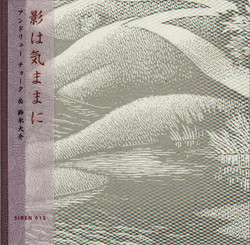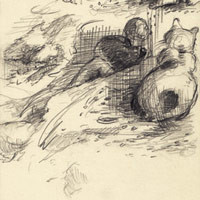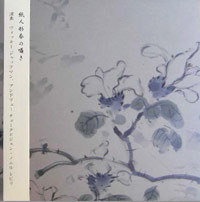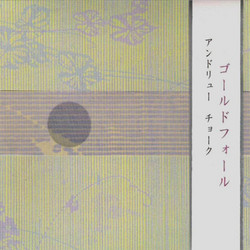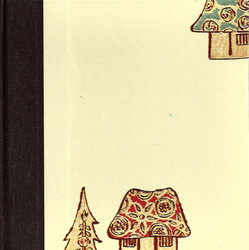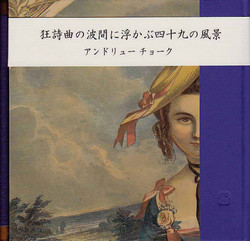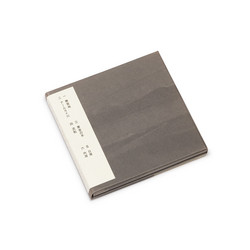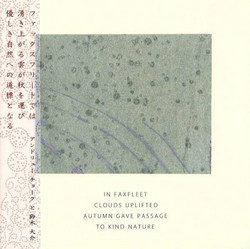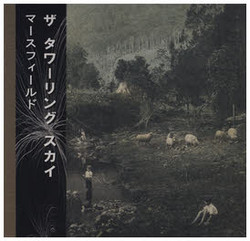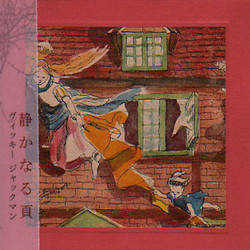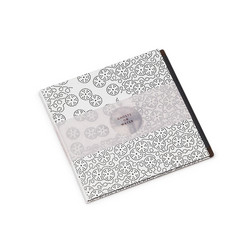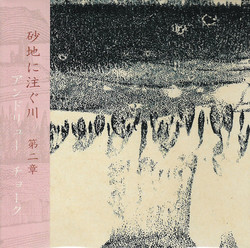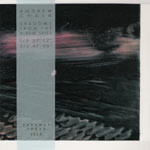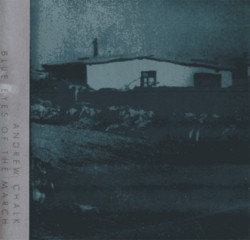Issued in a hardcover book. The artist name and the titles printed on the obi are written in Japanese. The corresponding English name and titles are mentioned in the book. "The album opens with "A New Heaven," unfolding a gentle, submerged-sounding piano or harmonic motif over a very minimal, murky, and vaporous bed. It is extremely simple melodically, but Andrew Chalk creates some impressive things dynamics, making all the notes ripple, shimmer, and decay like droplets on a moonlit pool. This sets the tone for the album quite beautifully, as almost everything that follows seems evocative of some sort of remote nocturnal grove. It isn't entirely an idyllic one though, as the album is populated with a number of pieces ("Violin by Night," for example) that feel elusive and spectral, drifting in and out of the sonic foreground like a strange, shifting mist. It is difficult to tell exactly what Chalk is playing on individual pieces due to the heavy processing (and because the liner notes are entirely in Japanese), but much of the album sounds like someone playing a lonely, melancholy organ solo somewhere in the distance, only snatches of which are audible due to the vagaries of the wind and the acoustics of the surrounding landscape.
Of course, there are a number of exceptions. "Red Horse," for example, is very much a drone piece, augmenting its darkly queasy underbelly with some sort of bizarre overtone experiment that doesn't quite sustain my interest. The other departures work much better though, as the shadowy, flange-heavy "Then and Now" sounds like a chamber ensemble heard though a thick fog of hallucinogens while "The Falling City" sounds like an understated, less emotionally ravaging cousin to one of Arvo Pärt's more sorrowful string pieces ("Cantus in Memory of Benjamin Britten," for example). "The Falling City" is an uncharacteristically melodic and unprocessed work for Chalk, achieving an impressive orchestral grandeur that is not at all what I have come to expect from him.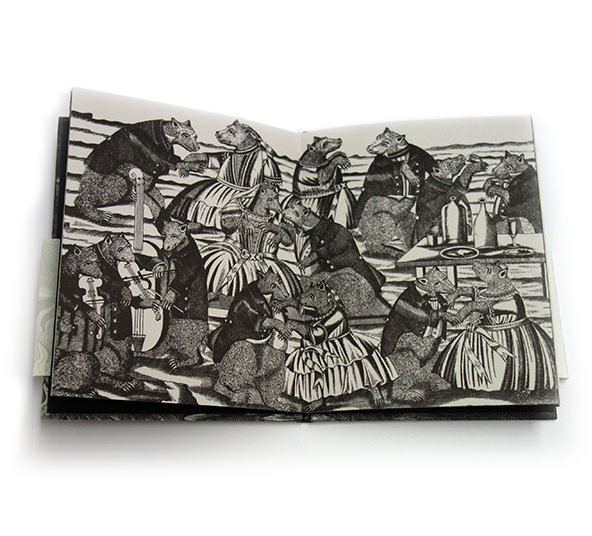
It is difficult to say where this release falls within Chalk's ouevre quality-wise, as he's responsible for a number of stellar albums. The important thing is that it is almost uniformly excellent, although the increased focus on melody coincides with a necessary decrease in song length–I miss the immersiveness of Chalk's more long-form work, as some of these songs are over before they fully take hold of me. Also, I always appreciated that his work asked a lot of patience and focus from me as a listener. The occasional overt melodies on Violin by Night may be a bit simpler and more accessible, but the shifted balance between space, texture, and melody works quite nicely and I would certainly be happy with wider recognition and increased demand for Andrew Chalk albums. I can't complain. Andrew might though, as the physical packaging for this album was handmade and seems like it was pretty damn labor-intensive (cloth, wood, great anthropomorphic animal art, everything in kanji, etc.). Brainwashed
Edition of 300 copies
